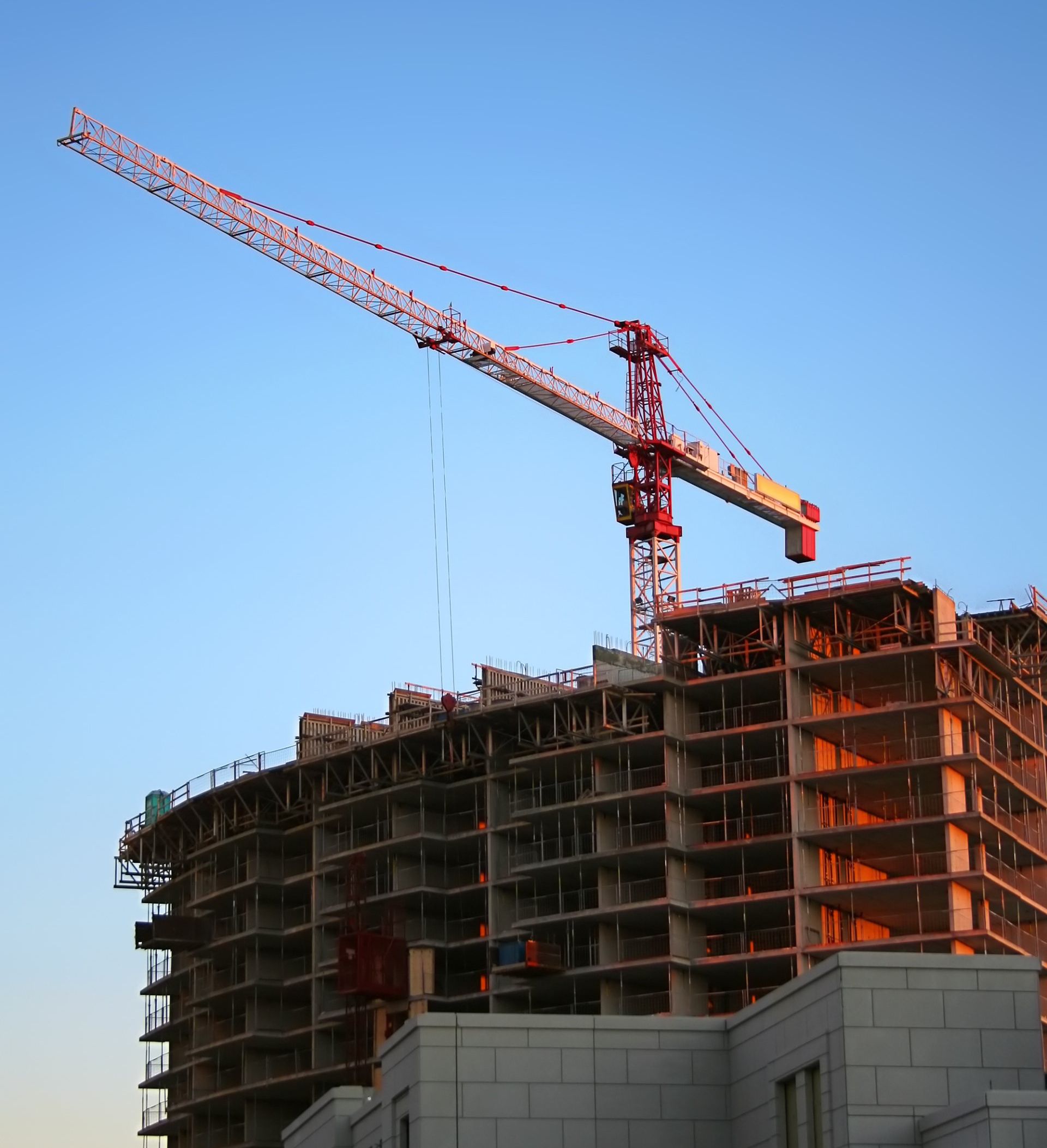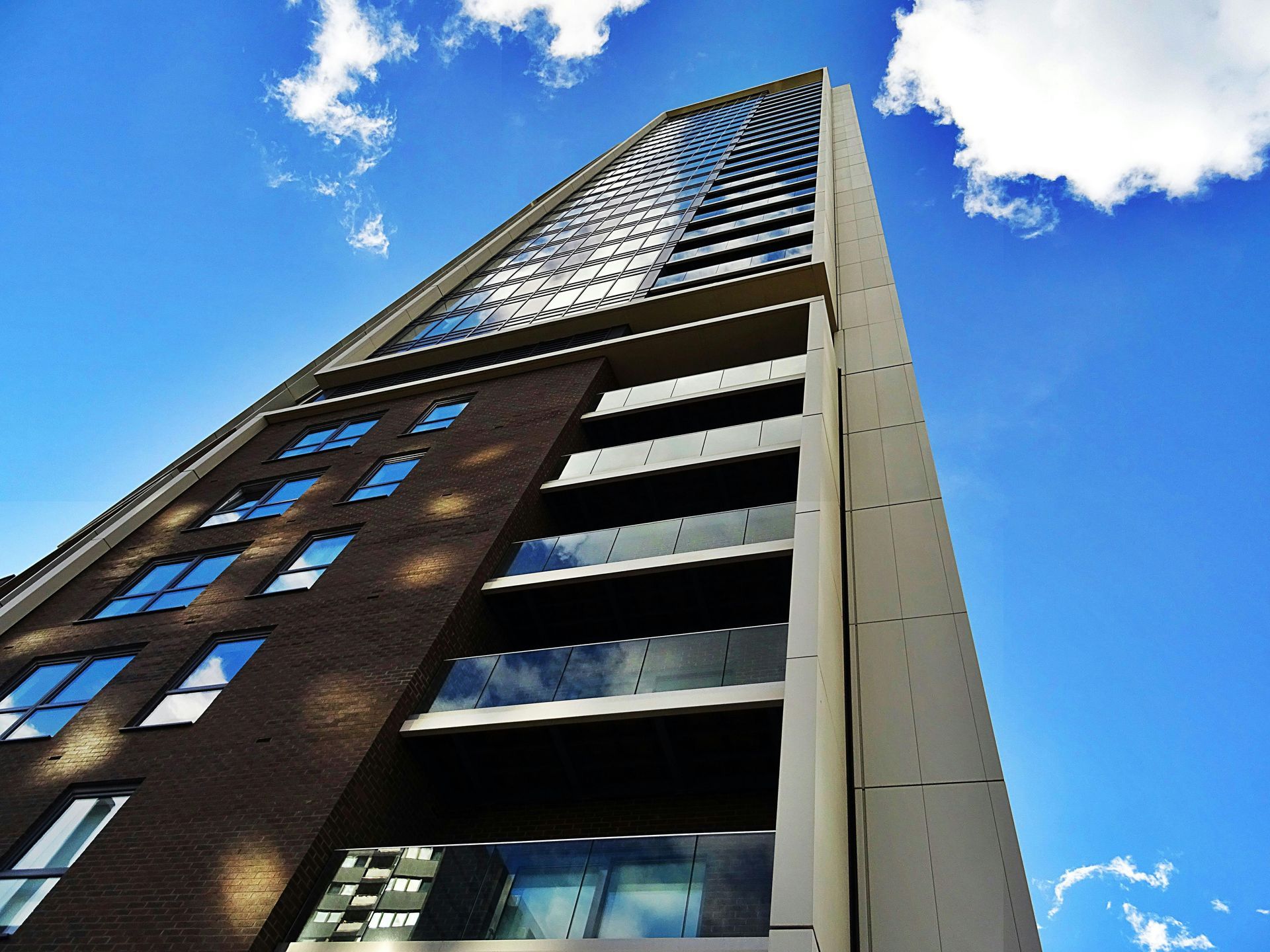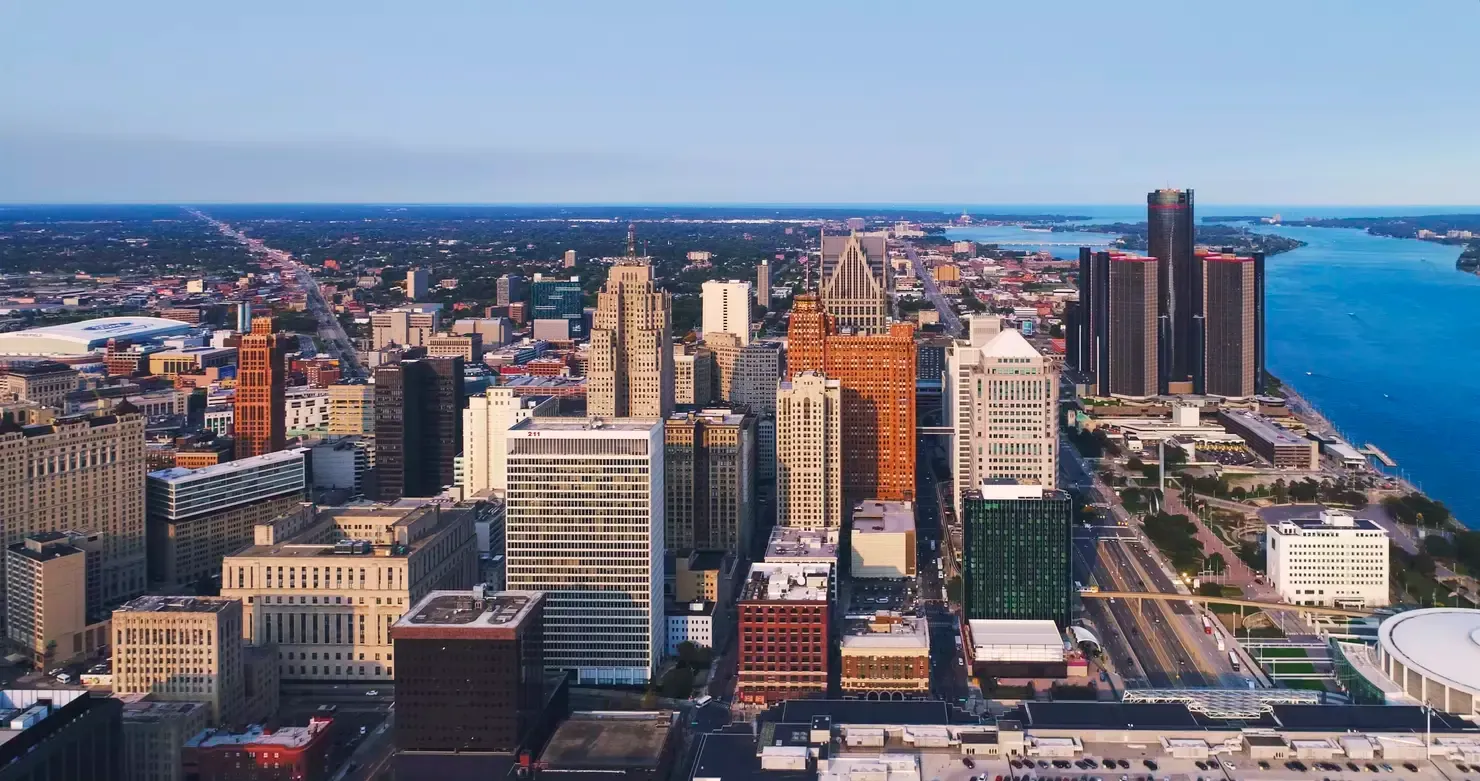Developing CRE in Michigan: Challenges and Opportunities
As the commercial real estate (CRE) market in Michigan continues to evolve, developers and investors face a dynamic landscape filled with both challenges and opportunities.

Understanding the nuances of developing CRE in Michigan is essential for navigating this ever-changing environment successfully.
Challenges:
1. Zoning Regulations and Compliance:
Michigan's diverse cities and townships often have unique zoning regulations. Navigating the intricacies of local zoning laws can be a significant challenge for developers. Ensuring compliance with these regulations is crucial to avoid delays and legal complications.
2. Economic Volatility:
The state's economy, closely tied to industries like manufacturing and automotive, can experience periods of volatility. Developers need to conduct thorough economic analyses to understand potential risks and opportunities tied to the broader economic climate.
3.Environmental Considerations:
Environmental regulations can pose challenges during the development process. Brownfield sites, in particular, may require special attention and remediation efforts, adding complexity and costs to projects.
4.Infrastructure Development:
In some areas, inadequate infrastructure can hinder development projects. Addressing issues related to transpiration, utilities, and other essential services is vital to the success of CRE developments.
Opportunities:
1. Urban Renewal and Revitalization:
Many Michigan cities, especially Detroit, are undergoing significant urban renewal projects. Developers can capitalize on opportunities to transform underutilized area into vibrant, mixed-use spaces that contribute to the city's resurgence.
2. Tech and Innovation Hubs:
Cities like Ann Arbor are becoming increasingly attractive to tech and innovation-focused businesses. Developing modern, flexible office spaces to cater to these industries presents a significant opportunity for commercial real estate companies.
3. Logistics and Distribution Centers:
Given Michigan's strategic location and strong transportation infrastructure, there is a growing demand for logistics and distribution centers. Developers can explore opportunities in creating state-of-the-art facilities to meet the needs of the e-commerce boom.
4. Adaptive Reuse Projects:
Transforming existing structures into new, innovative spaces can be a rewarding opportunity. Adaptive reuse projects not only contribute to sustainability goals but also offer unique solutions to address spaces constraints in urban areas.
Navigating Challenges:
1.Proactive Community Engagement:
Engaging with local communities early in the development process is key to addressing concerns and gaining community support. Proactive communication can help navigate zoning challenges and build positive relationships.
2. Strategic Partnerships:
Forming strategic partnerships with local municipalities, environmental consultants, and legal experts can provide valuable insights and support in navigating regulatory hurdles.
3. In-Depth Due Diligence:
Thorough due diligence, including economic feasibility studies and environmental assessment, is critical to understanding the risks and rewards associated with a potential development. This groundwork helps developers make informed decisions.
4. Technology Integration:
Leveraging technology, such as data analytics and virtual reality, can enhance the planning and development process. Technology tools can streamline operations, improve efficiency, and contribute to successful project outcomes.
Developing commercial real estate in Michigan presents a mix of challenges and opportunities. By staying informed about local regulations, fostering community engagement, and leveraging technological advancements, commercial real estate companies can navigate the complexities of the Michigan market and turn challenges into opportunities for successful and sustainable CRE development.











